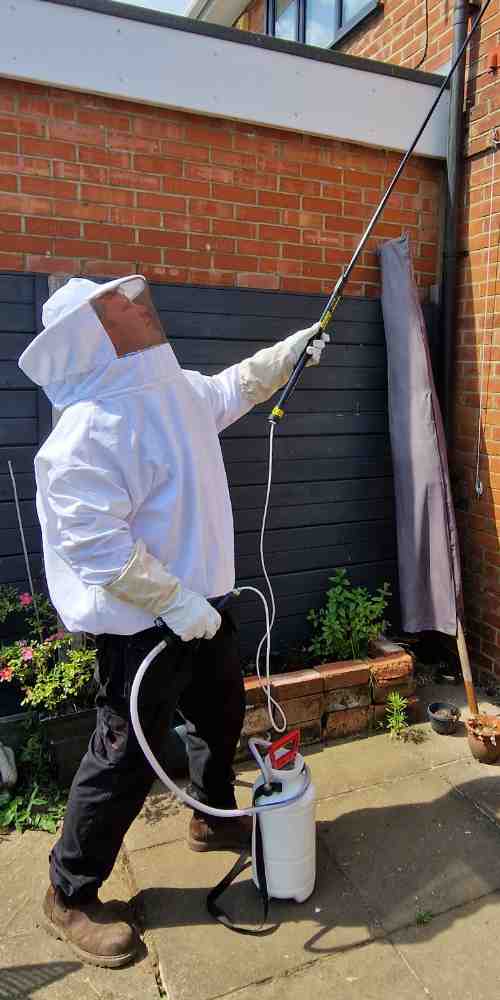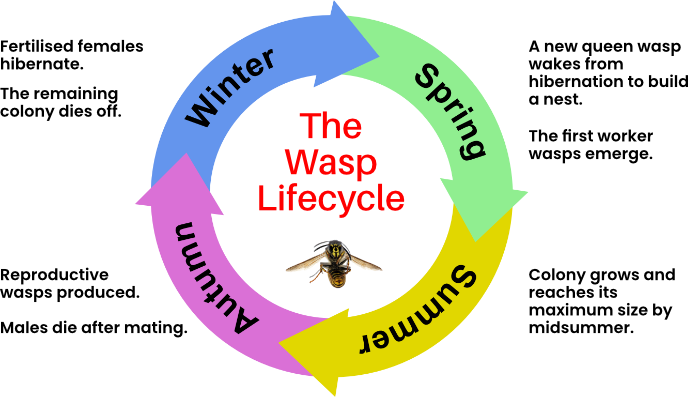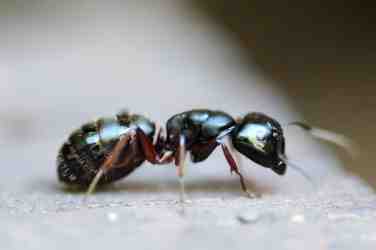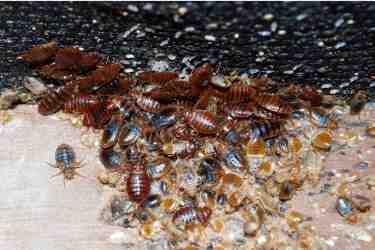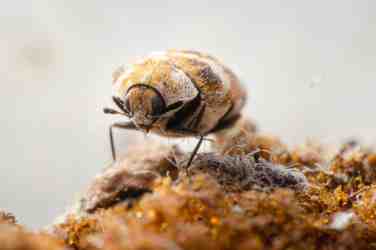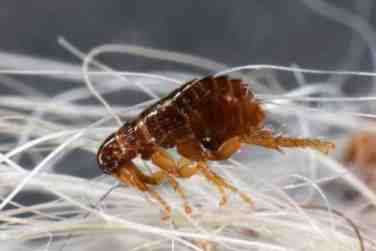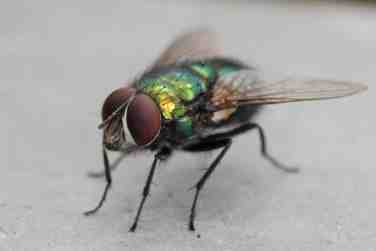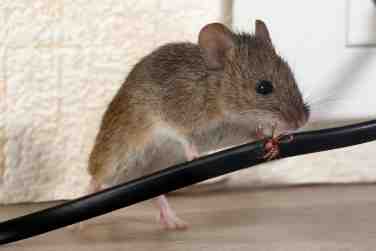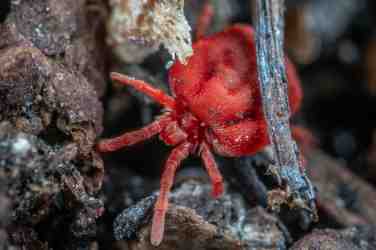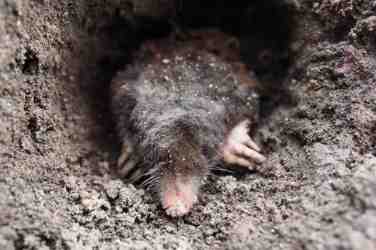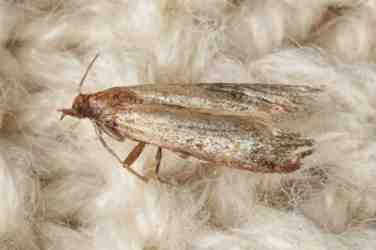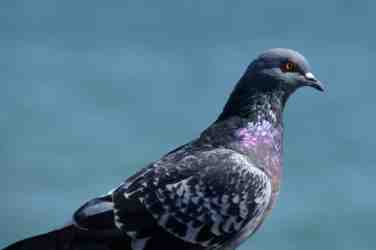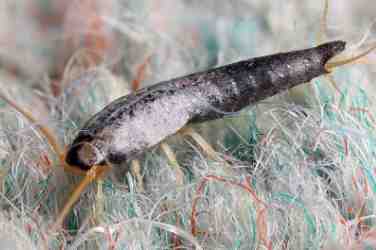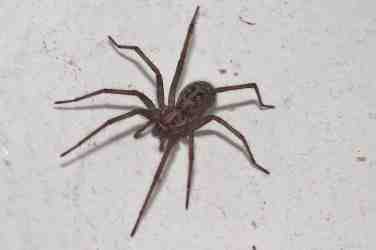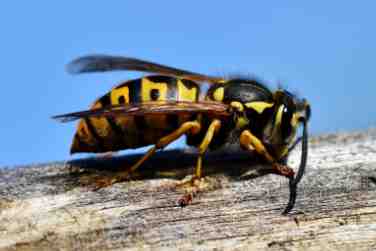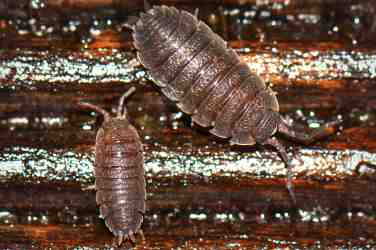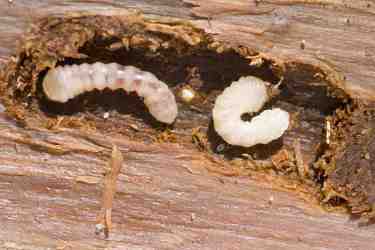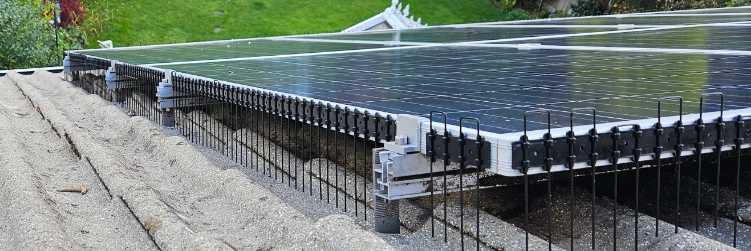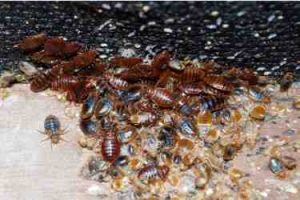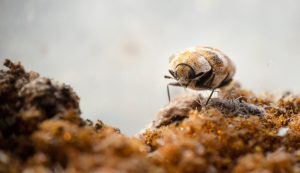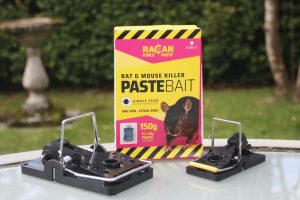How to Identify Wasps
There are several species of social wasps in the UK; however, the ones you will usually find disturbing your summer picnic are the common wasp (Vespula vulgaris) and the German wasp (Vespula germanica).
There are some subtle differences in the appearance and nesting habits of these two wasp types, but for our purposes, they can be considered as one.
A wasp is easily identified, with its smooth, black-and-yellow-striped body and narrow connection between the thorax and abdomen. It also has a characteristic black mark across its otherwise yellow face. Don’t mistake bees for wasps. Bees often appear more rounded with a body covered with tiny hairs (these hairs, or setae, are used for pollen collection and distribution). Its stripes are also less distinct.
Wasp Behaviour
Despite their reputation, wasps are actually beneficial to our ecosystem as they feed insects, such as caterpillars and aphids, which can damage plants and crops. They also help pollinate plants and should be considered a gardener’s friend.
Adult wasps prefer to eat nectar (the insects are fed to their larvae) but are also attracted to other sweet foods and drinks you may have brought along on your picnic.
However, wasps can be aggressive and will sting to defend their nest. Sometimes, a wasp will even sting when not provoked. And, unlike a bee, a wasp has no barbs on its stinger; therefore, it can sting multiple times.
When a wasp stings, it releases a pheromone that can signal danger to other nearby wasps. This pheromone can trigger an aggressive response in other wasps.
Social wasps live in colonies, with a hierarchical system of roles – with the queen at the top. They commonly build their nests in underground holes, hollow trees, attic spaces, wall cavities, outbuildings, or other protected locations.
The Lifecycle of a Wasp
Spring
In early Spring, these fertilised females emerge as the next generation of queen wasps. Each queen then searches for a brand-new nesting site, where she will construct a nest from chewing plant fibres into a paper-like material.
Although the old wasp nests can survive winters, they are never re-inhabited.
Once the nest is ready, the queen will lay her eggs. Her first larvae will mature into infertile female workers. These workers serve various roles: to expand the nest, gather food and care for the queen and her young.
Summer
The queen stays in the nest and continuously lays eggs to expand the colony, which can grow to many thousands strong in a season. And it is during the summer months when the colony is at its largest, wasps are at their most troublesome.
Autumn
In the early Autumn, the queen’s egg production turns to larvae that will develop into adult male and fertile female wasps. After mating, which takes place away from the colony, the male wasps die, and the fertilised females continue the lifecycle by seeking sheltered locations to hibernate over the winter months.
Winter
The Wasp colony, as a whole, only lives for one year. So finally, as the weather cools further, food becomes scarce, and winter arrives, the old queen and all remaining worker wasps die off.



